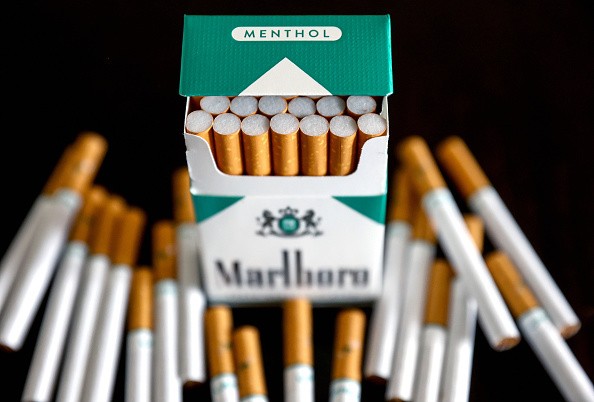On Wednesday, the Biden administration delayed the ban on menthol cigarettes until March 2024 after a civil rights group's petition. Some groups were sponsored by Big Tobacco, arguing that the ban would unfairly target Black smokers.
According to the Centers for Disease Control and Prevention, menthol could intensify the addictive effects of cigarettes, which makes it harder to quit.
Biden Administration Delays Ban on Menthol Cigarettes

The delay was acknowledged in an online posting on Wednesday, which shows a significant defeat for health advocates who have been pushing for years to limit access to menthol cigarettes, which were aggressively marketed in Black communities.
Chrissie Juliano, executive director of the Big Cities Health Coalition, said that they could not reduce tobacco use and associated disease and death without eliminating menthol as a flavor.
In April 2022, the Food and Drug Administration proposed the ban with the Biden administration, who seemed on board with restricting the sale of menthol cigarettes. A final rule was supposed to be released in August, but it was sent to the White House budget office this fall, and advocates believed they were close to the finish line.
However, civil rights groups including the ACLU, the National Organization of Black Law Enforcement Executives, or NOBLE, and Rev. Al Sharpton's National Action Network warned the White House against the plan in private calls, with some officials suggesting that a regulatory crackdown could harm Biden's reelection chances with Black voters.
A senior administration official confirmed that the delay resulted from the private conversations. The official said, "It is a signal to the community that lobbied on this that we heard you, and we need some more time to look at this."
Anti-Tobacco Groups Speak Out
Anti-tobacco groups released a statement and said they worried the rule would not happen at all, especially in an election year. They noted that several groups involved in discussions with the White House and others running ads were sponsored by tobacco companies.
Yolonda Richardson, president of the Campaign for Tobacco-Free Kids, said that more than 45,000 Black people die from smoking every year. She questioned Black Lives Matter if they were willing to put 45,000 lives at risk by keeping menthol cigarettes on the market.
NOBLE listed tobacco giant Altria as one of the sponsors. Tobacco maker Reynolds American also sponsored the National Association of Blacks in Criminal Justice, which ran ads against the proposed ban.
American said he supports organizations that contribute to the debate on issues important to its consumers.
Furthermore, the company also said that American has been clear on believing there were more effective ways to reduce tobacco harm than banning products, which might lead to unintended consequences such as the increase of illegal/unregulated products flooding the market.
© 2025 HNGN, All rights reserved. Do not reproduce without permission.








